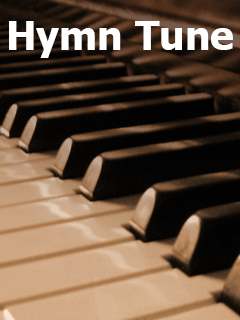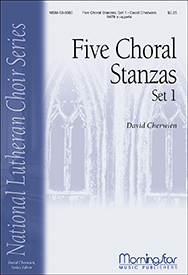- |
User Links
EPWORTH (C. Wesley)

EPWORTH (C. Wesley)
Composer: Charles WesleyPublished in 15 hymnals
Printable scores: PDF, MusicXML
Audio files: MIDI, Recording
Composer: Charles Wesley
Charles Wesley, Jr. (b. Bristol, 12/11/1757; d. London, 5/23/1834), son of the great hymn-writer, Charles Wesley (1707-1788). The family was very musical, and young Charles and his brother Samuel gave private concerts at their home. Charles was a child prodigy who played the harpsichord at the age of three, although his father did not allow him to become a chorister at the Chapel Royal and discouraged him from becoming a professional musician. Charles did study organ, however, and became an accomplished organist, first at the Lock Hospital (1797-1802) and later at the Marylebone Parish Church (1817-1834). He composed some hymn tunes, anthems, voluntaries, concertos, and string quartets, and edited a new edition of his uncle John Wesley's Sa… Go to person page >Tune Information
| Title: | EPWORTH (C. Wesley) |
| Composer: | Charles Wesley |
| Meter: | 8.6.8.6 |
| Incipit: | 13513 26543 51765 |
| Key: | D Major |
| Copyright: | Public Domain |
Alternative Tunes
Notes
EPWORTH was composed by Charles Wesley, Jr. (b. Bristol, England, 1757; d. Marylebone, London, 1834), and was published posthumously under the tune name LOUGHTEN in the third part (1838) of Novello's The Psalmist. The heading there reads "Charles Wesley, arr. S. Wesley," which means that Charles's more musically accomplished brother Samuel prepared the harmonization. EPWORTH is named for Epworth in Lincolnshire, the birthplace of both John and Charles Wesley. Smooth movement in the second and third phrases complements the dramatic melodic leaps in the first and last phrases. The reflective text calls for a moderate tempo, played legato.
The Wesley brothers who composed this music were sons of the famous Methodist hymn writer Charles Wesley (PHH 267). The family was very musical, and young Charles and his brother Samuel gave private concerts at their home. Charles was a child prodigy who played the harpsichord at the age of three, although his father did not allow him to become a chorister at the Chapel Royal and discouraged him from becoming a professional musician. Charles did study organ, however, and became an accomplished organist, first at the Lock Hospital (1797-1802) and later at the Marylebone Parish Church (1817-1834). He composed some hymn tunes, anthems, voluntaries, concertos, and string quartets, and edited a new edition of his uncle John Wesley's Sacred Harmony in 1822.
Samuel Wesley (b. Bristol, 1766; d. London, 1837) began composing and taking organ lessons at the age of six. He was known as the finest organist of his time and composed much church music. He was also very involved in a revival in England of the music of]. S. Bach. His son Samuel Sebastian Wesley was even more influential; for more information on the Wesley family, see PHH 206 and 267.
--Psalter Hymnal Handbook, 1988
Timeline
Arrangements
Piano/OrganMore Piano/Organ... |  |
ChoralMore Choral... |  |
PowerPointMore PowerPoint... |  |
Harmonizations, Introductions, Descants, Intonations
|
Organ Solo
|


 My Starred Hymns
My Starred Hymns


